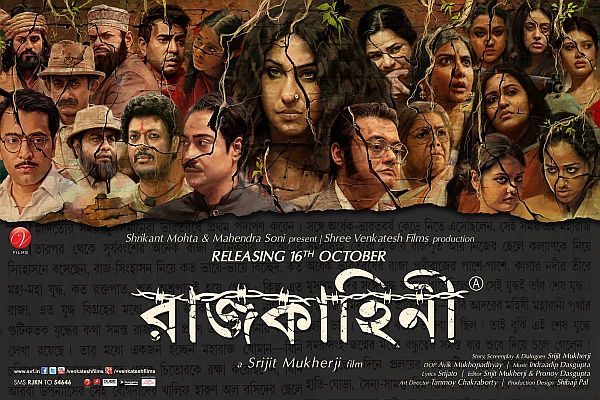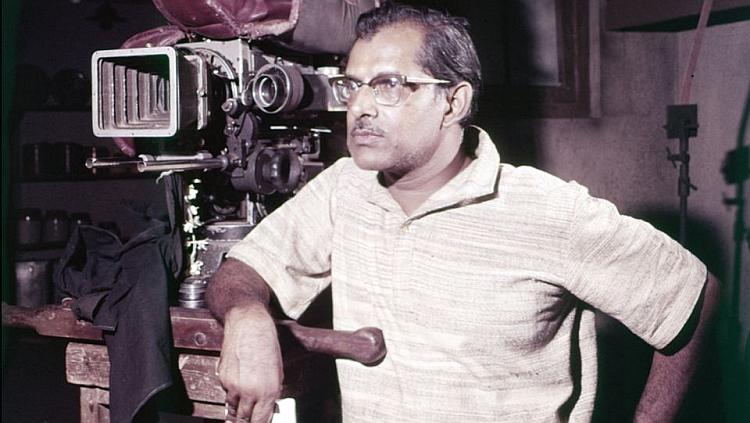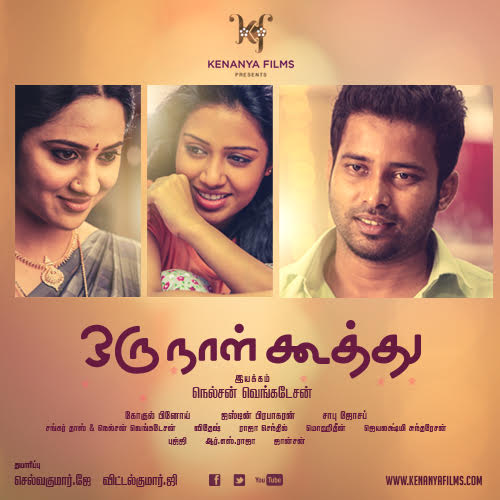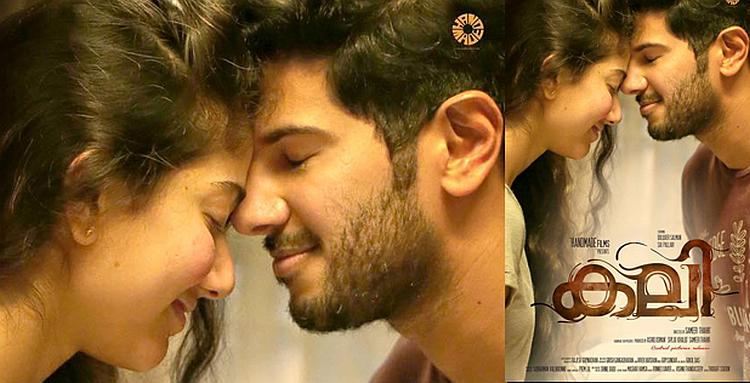Ever since my favourite Vidya Balan announced her comeback with the Hindi remake of a Bengali movie - "Rajkahini (2015)", I was intrigued about the original movie. Veteran actress Rituparno Sengupta is one helluva lot of actress and had played the role which Vidya Balan is about to essay in Hindi version. So when I stumbled upon the movie with subtitles in a torrent download, I didn't think a moment to initiate the download. The storyline of the movie is quite fascinating. During the India Pakistan partition, the international border line passes through a brothel which is headed by a powerful woman called Begum Jaan.
I think we South Indians feel a disconnect with the Indo-Pak partition stories because of our geographical positioning but the states of Punjab and Bengal has lots of traumatic memories, wounds to heal and scars that keep reminding of the past. The movie starts with the hostility show that happens everyday at Wagah border in Punjab and traces back to the nightmare stories of partition. With a muslim father tracing down his daughter Fathima at a refugee medical camp and eventually disowning her because she was gangraped, the movie takes a flying start. That girl is taken to a brothel which introduces the powerpack performance by Rituparno Sengupta as Begum Jaan and she is the madam of 11 sex workers. Begum also plays the saviour to Juthika, baby girl of an inmate. Meanwhile in Delhi, based on the Sir Cyril Radcliffe's report, the Bengal is partitioned and the border line passes through the courtyard of Begum Jaan's courtyard.
Begum Jaan's resistance to move out of the house is a symbollic representation of the pain / upheaval of those who were uprooted from their ancestoral houses and left stranded as refugees. The movie director Srijit Mukherjee had chosen the "unspoken" world of sex workers, pimps and how a political milestone like partition affect their lives. Obviously there is no sophistication in expressing their reluctance or diplomatic enough to put it across. Here Begum Jaan shouts and scowls at the officials who bring the summon to vacate the house, asks the Nawab to leave the house at early morning when she realises that he is of no use anymore to save them.

Since the movie is about the sex workers, there are ample scenes to shock the viewers. The explicit sex sccenes makes you feel sorry for them rather than titillating you or cringing at them. The boredom on their face when the customers are having "action" on them just sums up their plight. The title scene where the gang raped girl undresses at the word "open" when the doctor tells his assistant to open the window tugs the strings at heart. Another scene where Nawab deflowers the "fresh" girl with the Begum Jaan singing next to the bed because his gramaphone is broken down makes us to feel irritated that do such people exist.
The climax is bit over stretched and falls on the expected lines but the actors' performance takes it to skies. The story of Rani Padmini of Chitoor being read by an old woman in the movie through out plays a metaphor here. Rani Padmini and her Rajput women committed mass suicide in pyre to save their chastity from the clutches of Muslim king whereas here these house inmates do it for saving their freedom to live rather than an escape mechanism. The playing of Bharat Bhagya Vidhata in the background just compounds the effect. Irrespective of the context in which Rabindranath Tagore wrote Jana Gana Mana, it fits perectly into the situation where an Independence comes up with such hefty prices.
This is a performance oriented film with almost every actor takes responsibility of carrying the movie in their shoulders. Rituparno Sengupta delivers a power packed performance as Begum Jaan which is already a highly raised standard bar for Vidya Balan to match up in the remake. Bangladeshi actor Joya Ahsan as Rubina and Jisshu Sengupta stand out apart from the ensemble cast due to their acting prowess.
I read in the Bangala media about the geographical inaccuracies of the location where the movie was set in but sometimes ignorance is a bliss. I was able to get into the story without heeding to such "mistakes". Later I learnt that Bengal was partitioned twice basically to curtail its politics. By the time this 160 minute movie ended, I was like feeling blessed for being born in South India which is yet to see a major bloodshed like Partition or massive riots.
Rajkahini may not be that feel good timepass movie but it reminds of the glorious days of Bengal cinema where story telling took the fore and here it is combined with an excellent technical team in terms of visuals (cinematography by Avik Mukhopadhyay) and a rousing music (Indraadip Das Gupta).













